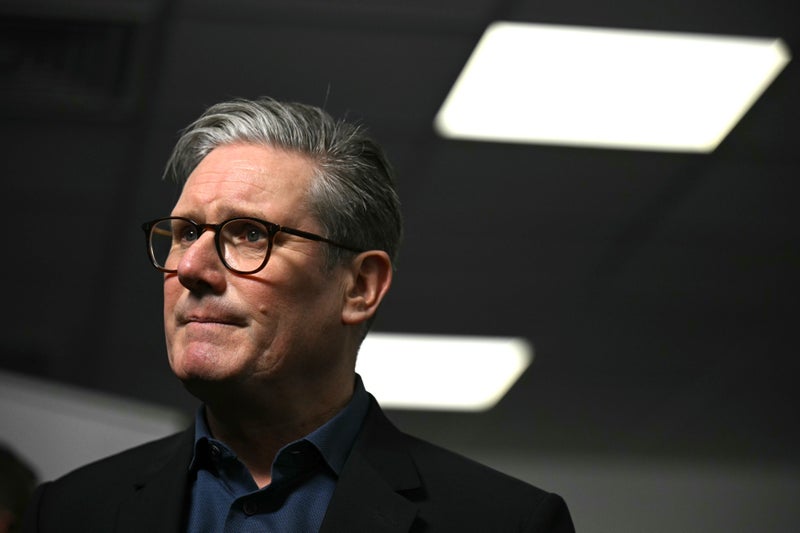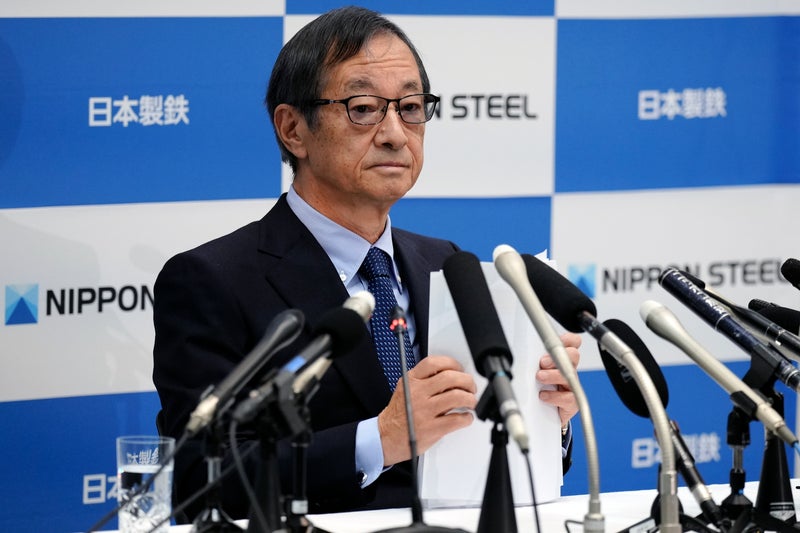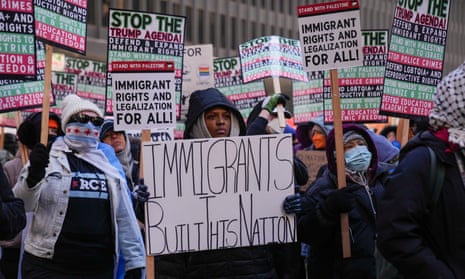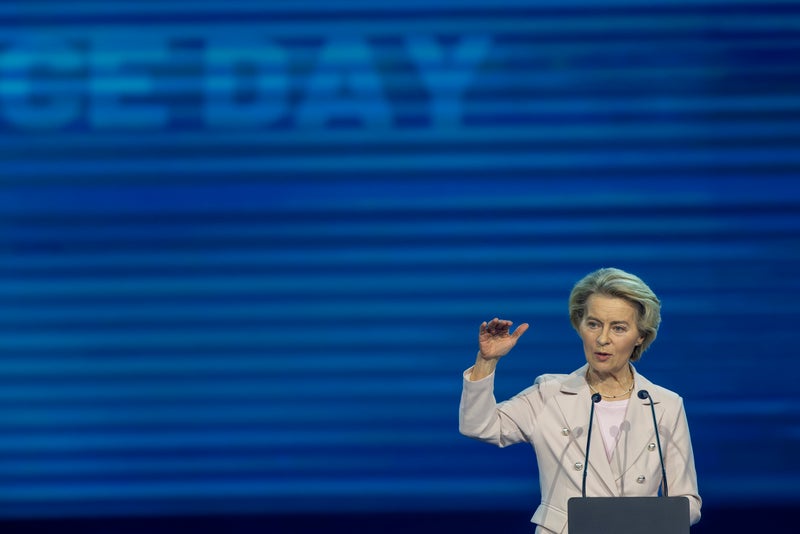Even after half a century, she's still adored and revered by Tories, grudgingly respected by present and former Labour prime ministers and yet despised and reviled on the left and in many working class communities. It was 50 years ago this week that Margaret Thatcher became Conservative Party leader and began to change the course of political history, winning three general elections in the UK and becoming a major figure on the world stage.
She became leader aged 49, after defeating former prime minister Edward Heath in a shock result in the first ballot, on 4 February, by 130 votes to 119 and then beating William Whitelaw by 146 to 79 in the second ballot a week later. In those days, Conservative MPs chose the leader and Mrs Thatcher's biographer, Charles Moore, has revealed that when she told husband Denis she was standing, he muttered: "Heath will murder you.".
She had also declared in a TV interview in 1973, when she was Mr Heath's education secretary and denounced as "Milk Snatcher" for scrapping free school milk: "I don't think there will be a woman prime minister in my lifetime.". But ironically, given that nickname, she was backed by a powerful group of Tory MPs known as the "Milk Street mafia", led by the controversial businessman and 1922 Committee chairman Edward du Cann, who Private Eye called "du Cann of Worms".
After her victory, Mrs Thatcher appointed Mr Whitelaw, a Scottish toff and veteran Tory fixer, as deputy leader. Politics latest: PM told to get close to EU after 'really alarming' Trump tariffs - as second Labour MP suspended over WhatsApp chat. Starmer will hope he can draw a line under damage of WhatsApp scandal after second MP's suspension. MPs set for above inflation pay rise to nearly £94,000. He served her loyally until 1988, after he suffered a stroke. But her famous quote, "Every prime minister needs a Willie," has become part of political folklore.
Labour's prime minister when Mrs Thatcher became opposition leader on 11 February 1975 was Harold Wilson, who by then had won four general elections, but was to step down a year later, when he was succeeded by James Callaghan. Follow latest: Live politics updates. Mrs Thatcher won decisive general election victories over Callaghan, Michael Foot and Neil Kinnock, but was eventually ousted from 10 Downing Street in 1990 not by the Labour Party but by her own mutinous cabinet ministers and Tory backbenchers.
Now, 50 years after she became leader, the Conservatives once again have a new female leader and Labour is led by a prime minister who won a spectacular general election victory but leads a government rapidly becoming unpopular. But parallels between 1975 and 2025 end there. On the evidence so far, critics would say Kemi Badenoch is no Margaret Thatcher and Sir Keir Starmer is no Harold Wilson. On becoming leader, Mrs Thatcher revolutionised Tory thinking, so that when she became PM in 1979 she brought in radical policies never seen before: council house sales, privatisation and a tough crackdown on trade unions.
Along with spending curbs and tax cuts, her policies became known as "Thatcherism". She called her ideology "rolling back the frontiers of the state". And when the going got tough, as it did in 1980 when unemployment was rising sharply and she was urged to make a U-turn, she told her critics at the Tory conference: "You turn if you want to. The lady's not for turning.". But two even bigger episodes defined her premiership: victory in the Falklands War in 1982 and her handling of the bruising miners' strike of 1984-85, which even to this day provokes fury and loathing in former mining communities.
Abroad, she found a soulmate in US president Ronald Reagan, making the so-called special relationship extra special as they fought communism. The Russians had already dubbed her the "Iron Lady". It was a nickname that stuck and she revelled in it. And her toughness suggests that Donald Trump would have had a healthy respect for her and bonded with her had she been PM today. She was a workaholic who claimed she only needed four hours sleep a night and hated taking holidays. At an event to mark the 50th anniversary last week, her former secretary Alison Wakeham said: "She would long for a telephone call saying there was a world crisis.".
In 2020, Kemi Badenoch described Margaret Thatcher as "inspirational", for taking a country in decline and transforming it through what she called "the politics of conviction". She had met her "political heroine" briefly when she was photographed with Lady Thatcher when she was Conservative candidate against Labour's Tessa Jowell in Dulwich and West Norwood in 2010. Read more politics news:MPs set for above inflation pay riseParliament bar to reopen after spiking allegationFarage says 100 Labour MPs will be 'getting scared'.



.jpeg?trim=63,0,64,0&quality=75&auto=webp&width=1000)



























